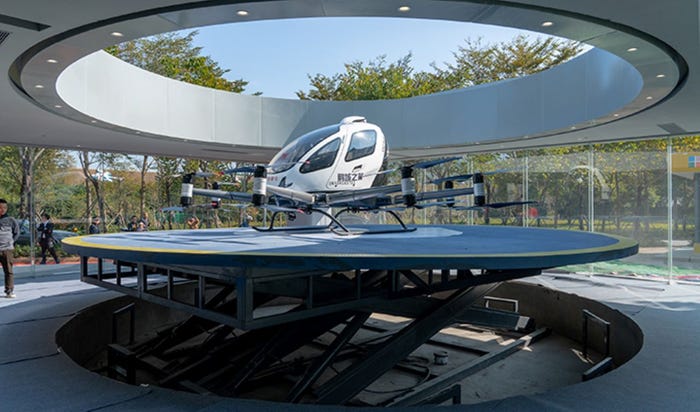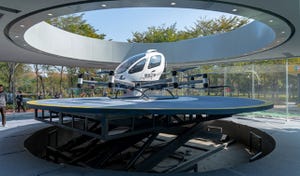AI, Robotics, Cloud Computing Top List of Most Important Technologies of 2025AI, Robotics, Cloud Computing Top List of Most Important Technologies of 2025
IEEE study found AI led the list while majority of respondents predict an an “AI reckoning” as public fascination and perception shift

AI, including predictive and generative AI, machine learning and natural language processing, has been ranked as likely to be the most important technology of 2025 in a global survey of technologists.
The study by IEEE, the world’s largest technical professional organization, surveyed 355 technology leaders, including CIOs, CTOs, and IT directors, in Brazil, China, India, the U.K. and U.S.
When asked to select the top three areas of technology that will be most important in 2025 from more than a dozen areas, respondents overwhelmingly ranked AI first (58%) marking the second consecutive year they have done so.
Cloud computing (26%) and robotics (24%) ranked second and third, respectively.
Survey respondents said other important technologies in 2025 will include extended reality (XR) – the metaverse, augmented reality, virtual reality and mixed reality (21%); industrial Internet of Things (19%); quantum, including quantum computing (17%) and electric vehicles/EV charging (17%).
The report, entitled “Impact of Technology in 2025 and Beyond: an IEEE Global Study” also delved into future technology trends, including expectations for AI’s market growth, benefits, uses and skill sets.
Notably, almost all respondents (91%) agreed that in 2025 there will be a generative AI reckoning as public fascination and perception shift to a greater understanding of and expectations of what it can and should do in terms of accuracy of results, transparency around deepfakes and more.
Most respondents also said they expect their organization to continue using or embrace the technology. However, 18% said they have faced difficulties and will be rethinking their approach to generative AI.
“AI systems still face early challenges,” said Eleanor Watson, an IEEE Senior Member in the report. “Agentic AI systems are coming soon and will offer new capabilities. They’re able to plan and act independently but also bring significant safety concerns.”
Respondents ranked real-time cybersecurity vulnerability identification and attack prevention, powering educational activities such as customized learning, intelligent tutoring systems, university chatbots and aiding and/or accelerating software development as the top potential use cases for AI, in that order.
Meanwhile the top skills technology leaders seek in candidates they plan to hire for AI-related roles next year are software development skills, AI ethical practices and data analysis.
The top industry sectors that will be most impacted by the technology in 2025, according to the survey, are telecommunications, banking and financial services, and media and entertainment.
About the Author
You May Also Like








